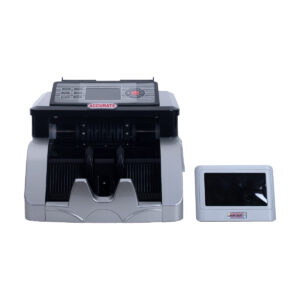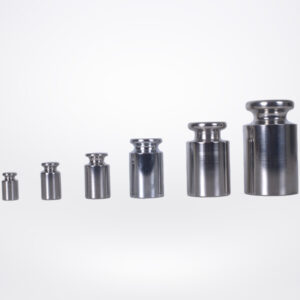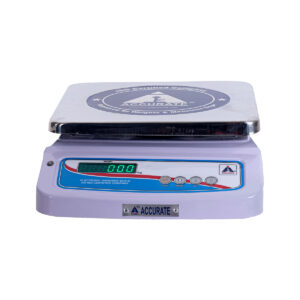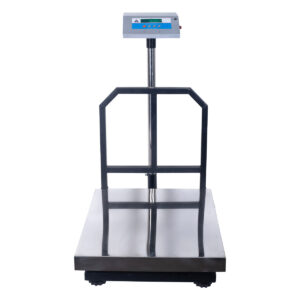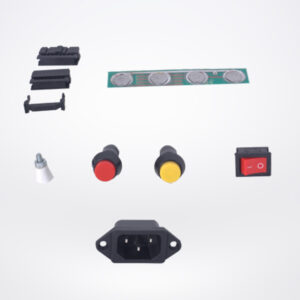In the world of weighing instruments, compliance with Legal Metrology is essential for businesses that depend on accurate measurements. The Legal Metrology Act 2009 and the Legal Metrology (Enforcement) Act 2011 set clear regulations to protect consumers and ensure fair trade practices. One important regulation to be aware of is Rule 21(4), which focuses on maintaining the accuracy of weighing machines.
What Does Rule 21(4) Say?
According to Rule 21(4), users of a weighing instrument must keep at the site verified and stamped weights that are equal to 1/10th of the capacity of the instrument or one ton, whichever is less. This is crucial for regular inspections to ensure your weighing machine’s accuracy is maintained.
For example, if you’re using a 100kg weighing machine, it’s mandatory to have a 10kg Test Weight that is duly stamped and certified. This ensures that your machine complies with inspection regulations, giving you peace of mind that the measurements are accurate and within legal standards. Furthermore, consumers are empowered to check the accuracy of the weighing instrument themselves, ensuring transparency in the transaction.
Why is Legal Metrology Important?
- Accuracy in Weighing: By complying with Legal Metrology regulations, you ensure that your weighing instruments provide accurate results, which is critical for fair trade.
- Consumer Protection: It safeguards consumers from inaccurate measurements, ensuring they receive the right quantity for what they pay.
- Compliance with Law: Avoid penalties and legal issues by adhering to the requirements under the Legal Metrology Act.
SEO Keywords:
- Legal Metrology
- Weighing Instruments
- 100kg Weighing Machine
- Test Weight
- Legal Metrology Act 2009
- Weighing Scale Accuracy
- Consumer Protection
Ensure that your business is always in compliance with Legal Metrology. Regularly check your weighing scales using the appropriate Test Weights and stay informed about the regulations that protect both businesses and consumers.



